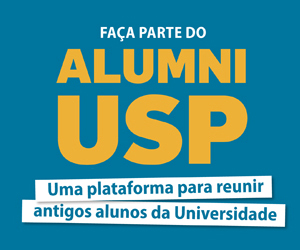The history of Physics at University of São Paulo (USP) dates back to the early years of the university, when it was still in the School of Philosophy, Sciences and Letters (FFLCH). USP graduated its first class of physicists in 1936, with Marcello Damy de Souza Santos and Mario Schenberg among the graduates. The first woman to graduate in Physics in Brazil, Yolande Monteux, was part of the second graduating class in 1937.
The Institute of Physics (IFUSP) was established in 1970 and has graduated approximately 2,500 masters and doctors throughout its history. Essential characteristics of the Postgraduate Program are excellence, pioneering spirit, internationalization and diversity in lines of investigation, covering practically all areas of research in Physics, as well as multi- and interdisciplinary areas. The Graduate Program has internationally recognized researchers who also work at various administrative levels in Education, Science and Technology, in project management and funding agencies, and in the development of new universities or new campuses.
Since its foundation, IFUSP graduates have founded and structured Physics Institutes and Departments throughout the country, also working in foreign institutions, public administration, and the private sector.
There are 14 main Research Lines with outstanding laboratory and computational infrastructure, in addition to participation in several major international collaborations. The Program's main missions are excellence in research and student training. Through qualified faculty, equipped and structured laboratories, and a comprehensive set of disciplines, we offer conditions and opportunities for graduate students to develop their potential, opening doors in the academic and professional world. The relentless pursuit of quality and leadership is also based on the renewal of research lines and efforts to attract talent by hiring early-career professors. In response to current societal demands, initiatives focused on innovation and university extension have been implemented and expanded. No effort is spared to ensure adequate teaching and research infrastructure, as well as the well-being of students in a broader sense, including social interaction and belonging.









